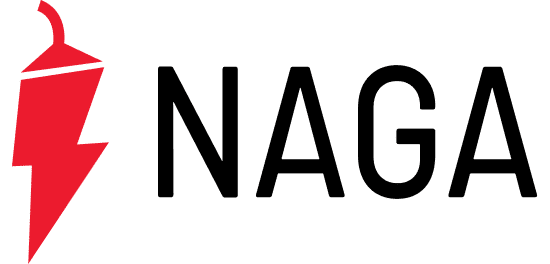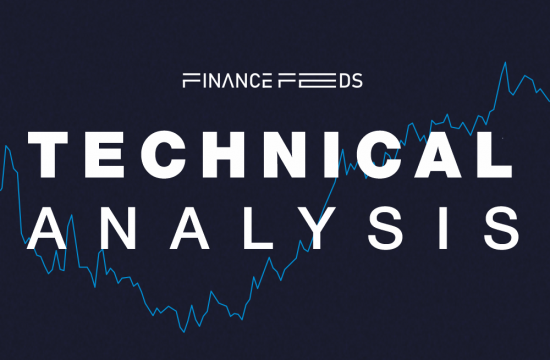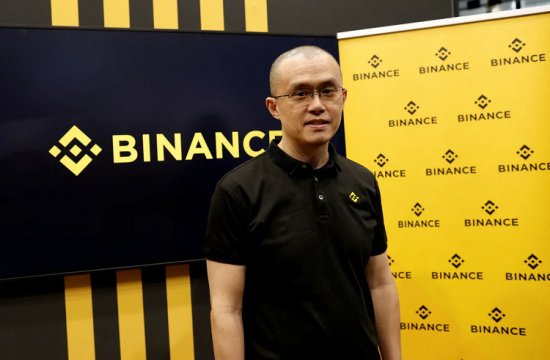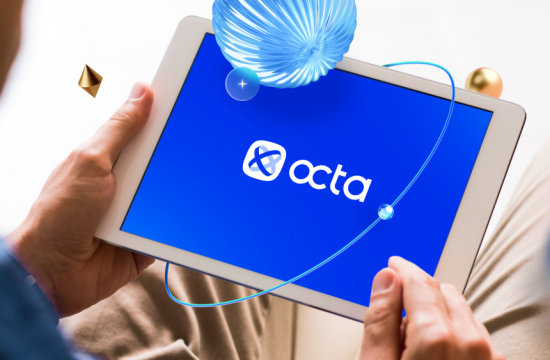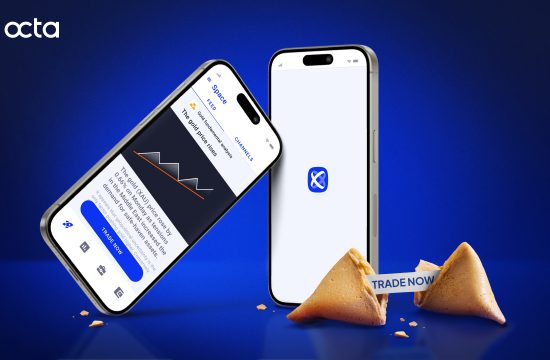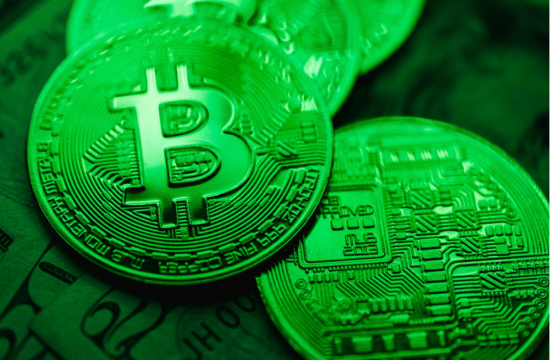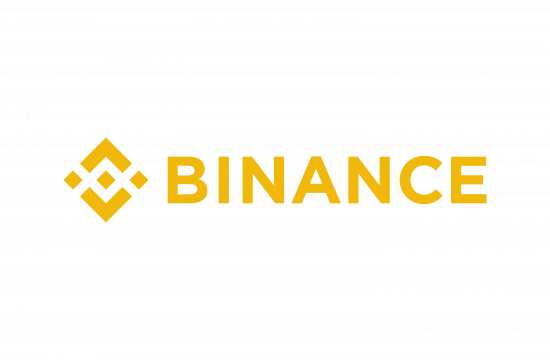South Korea’s “blockchain hub” city of Busan has seemingly shelved plans to launch a crypto exchange of its own. Instead, South Korea’s second-largest city will roll out a city-backed digital commodities platform in the second half of this year.

Busan, located on the southeastern tip of the Korean peninsula, said in a press release that its exchange aims to provide an automated compliance platform for tokenized commodities and ensure the whole process, from onboarding to issuance and investor management, is done within regulatory guidelines.
As told by the Busan Digital Asset Exchange Establishment Promotion Committee, the initiative enables traders to invest small stakes in high-priced goods such as real estate, gold and intellectual property.
“Taking advantage of the strengths of Busan, such as the Busan International Film Festival, G-Star; [the exchange] will include tokenization of intellectual property rights in the film and game fields, as well as gold, precious metals, agricultural and livestock products, ships, real estate, etc.,” the statement reads.
Busan has been active in the crypto space for years, having established a blockchain free trade zone, a local digital currency, a decentralized identity platform for public services, and a smart logistics system.
Busan has inked partnerships with Binance, FTX, and Huobi to attract new talent and to support the city’s ambitions to transform itself into a global digital finance hub. As part of the agreements, the city will receive technological and infrastructure support for the development of its blockchain ecosystem and promotion of the Busan Digital Asset Exchange. Another form of cooperation between the two parties will cover the provision of R&D, technology and financial support.
“The Busan Digital Asset Exchange has a decentralized fair exchange structure that is distinct from existing domestic virtual asset exchanges to protect investors thickly and lead digital innovation in various ways,” it added.
South Korea sets two main necessities for digital asset companies to fulfill. Upon completing real-name verification and partnering with a local bank, digital assets platforms are required to acquire a license from the country’s Financial Intelligence Unit (FIU). This is a unit of the Financial Services Commission (FSC), the country’s top financial regulator. On top of these stricter rules, crypto exchanges must obtain a security certificate from the Information Security Management System (ISMS).




